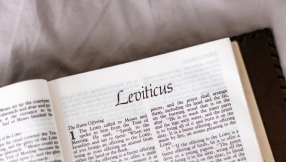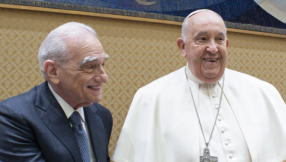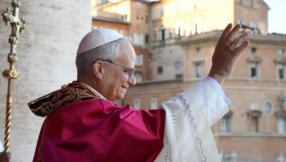I recently ministered to Carl (not his real name) who had experienced severe offence from members of his past local church and who has now left the body of Christ. Carl hasn't backslid or left the faith. Just the church.
Carl is one of the many believers who have given up on the church even though they still continue in the faith. A popular belief that continues to circulate is that it's okay to be a Christian without being part of a local church.
But is the Christian life without a church community really more beneficial - or even right?

If there's anyone who knew how much of a hassle and a headache the church was, it was the Apostle Paul. Many of the epistles he had written to various churches were to address heresies, conflicts, licentiousness, legalism and various problems in different congregations. And if there was anyone who knew the value of the local church, it was also the Apostle Paul. In Ephesians 4:3 (NLT), he says "Make every effort to keep yourselves united in the Spirit, binding yourselves together with peace."
Church can get messy with members getting offended and misunderstandings, problems and challenges arising. I have been part of the same congregation for seventeen years and I cannot say that there was never a time that I didn't want to leave. But understanding God's perfect plan for the local church despite the foolishness and flawed nature of the saints that make up the church leads us to persevere and to fight for unity.
Deuteronomy 30:4 says, "If your outcasts are in the uttermost parts of heaven, from there the LORD your God will gather you, and from there he will take you."
Note how God's plan for redemption for the people of Israel included the bringing together in unity. God says that "the LORD your God will gather you," which shows us how important unity is to God.
And while it's not a sin to not be a part of a local church and while the local church cannot complete us because only Jesus can do that, God's plans have always been in the context of church community. Our gifts are best exercised in the context of community. Worship and prayer is strongest when corporately practised. Discipleship becomes more effective when we add people into the body of Christ. We join in serving God's people and those still beyond His fold, and we have a much keener sense of the Kingdom, particularly the Kingdom on this earth, which is what we are praying for.
While sin drives us to part ways with one another, God's redemptive plan always includes relational reconciliation and wholeness. God's greatest command is to be united with Him and to be united with one another in love, and He went to the greatest lengths to unite us with Him even though it wasn't comfortable or convenient. That should speak a lot about God's heart when it comes to being part of a local church.













